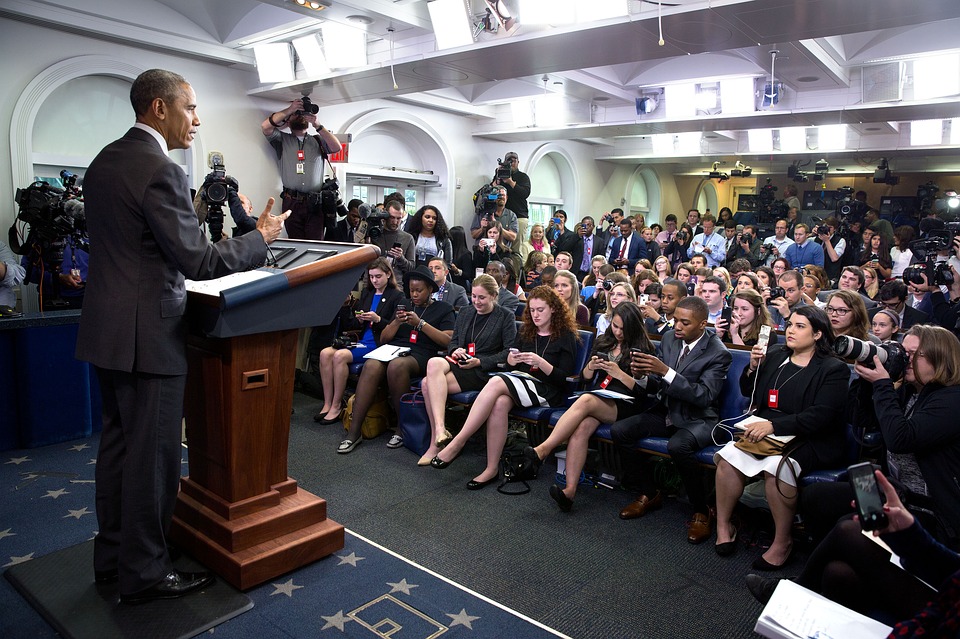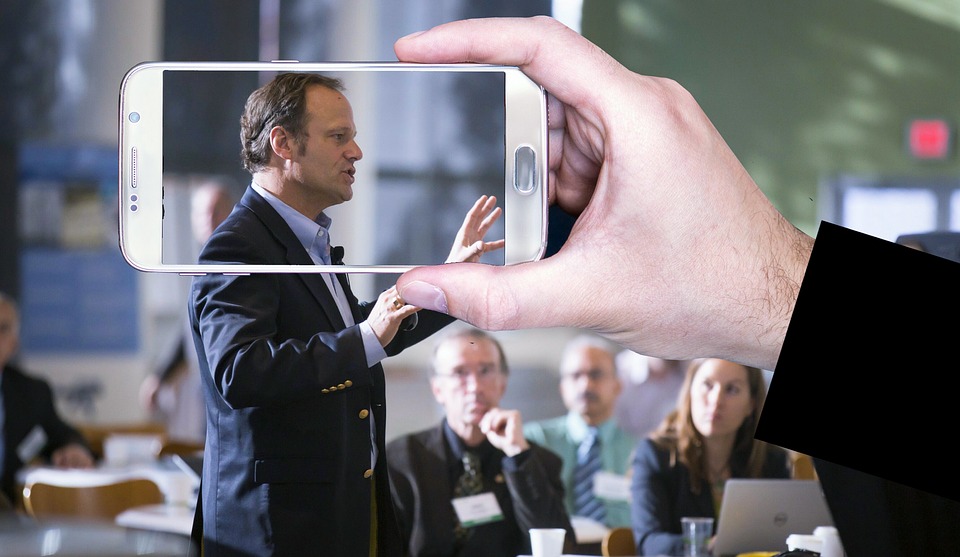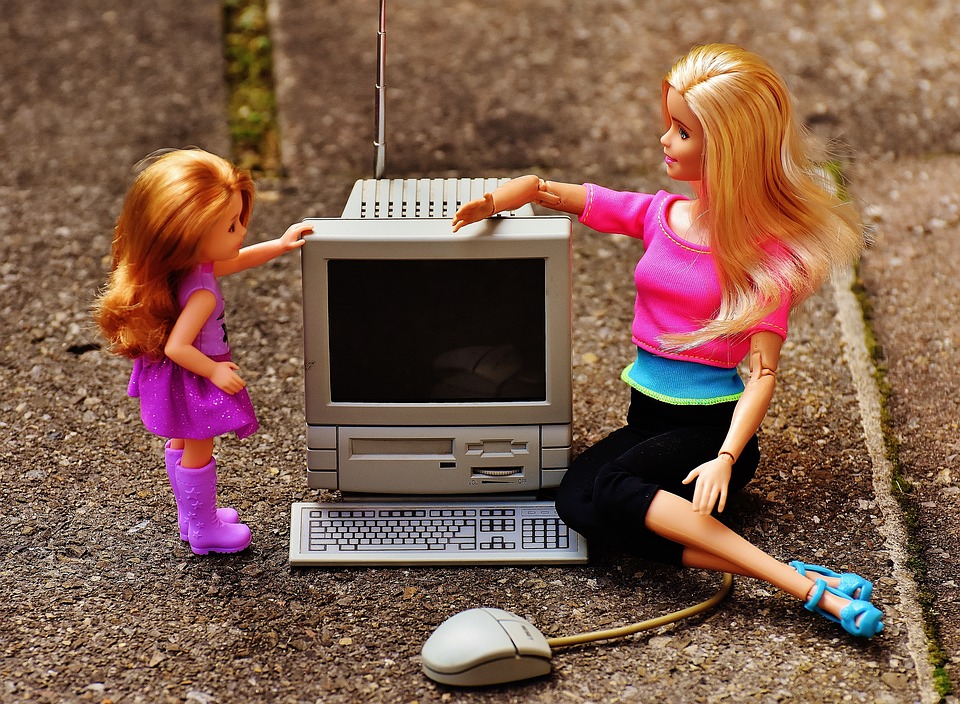
Can housewives live without their daily TV soaps? Can teenagers spend a day without logging to Facebook? Can football fans live without goal.com? We now take for granted that media has become an integral part of our lives and that we will never be able to live without it. So, let’s take a tour to see the role that the mass media is playing worldwide.
Functions of the Mass Media:
Surveillance Function

There is the instrumental surveillance, where mass media serves as the eyes and ears of the general public and provide the information necessary for daily life, such as stock market prices, weather forecasts, upcoming movie releases, new fashion and current affairs. For instance, how do you think the whole world heard about the first coronavirus outbreak? Through the media, of course!
Did you know that the news of the end of the War of 1812 took months to reach people across the Atlantic? However, within 2 hours of the events, more than 90% of the American population knew about the terrorist attacks of September 11, 2001.
Another type of mass media surveillance is warning or beware surveillance, where the media creates awareness on threats such as wars, natural disasters, economic declines, military threats and epidemics. It is the media’s task to act as a ‘watchdog’ and warn the public about dangers to assure the welfare of the nation. We might not directly experience what is happening worldwide, but we can rely on the media to keep us informed.
Interpretation Function

Mass media helps to shape a person’s view of the world. The audience is exposed to various perspectives and school of thoughts provided by the media to help people better understand and make judgements. Media gatekeepers decide on the content that will be presented to the audience. Mass communicators do not transmit only the information but also the significance of the information. An example is the national response to the killing of a British black teenager, Stephen Lawrence, in 1993, which led to a repeal of the double jeopardy rule in murder cases in the UK.
Linkage Function

Online outlets such as eBay, allow both sellers and buyers to link up. This is known as the Linkage function, where the media plays a vital role in connecting several elements of the society that are not directly related. Other examples include how voters will follow their elected officials’ accomplishments through newspapers, how advertising connects both sellers and buyers, online dating services, such as match.com and dating.com, writing letters to editors and phone-ins on the radio.
The linkage function can be witnessed when geographically separated groups share information, which may be through social media and other media channels. The media can also lead to ‘audience building’, where social groups with similar interests are assembled together. For instance, in November 2017, The Sun daily newspaper was instrumental in asking all Malaysians to make donations to help the Penang Flood victims.
Transmission of Values Function

This function is also called the socialisation function. Here, mass media is seen as a socialisation agency, which reflects an increasing influence on shaping our norms and values. It plays a central role in shaping the personality of individuals. People’s view of the world, political and social attitudes, and political leaders’ beliefs are formed through their impressions from the media rather than personal experience. For example, did you know that shows like Full House and Step by Step promoted family values?
The mass media normally encourages conformist behaviours. It communicates acceptable and unacceptable forms of behaviour to reinforce perceptions of expected behaviours. For instance, news reports on the serious consequences for those who break the society’s norms. Another example is how BBC News published an online article in 2018 to raise awareness about the importance of wearing seat belts.
Entertainment Function

A popular function is how people use the media to escape from routines and to ease worries. People may immerse themselves in specific media types to compensate for the lack of satisfaction in their daily lives, or to gratify their needs and to relax their tired minds. Examples are how women read Mills and Boon novels to make up for the lack romance in their marriage, or newspapers including games like crosswords and Sudoku on their pages. Television offers people possibilities to view events that they would not have attended to such as the Oscars and the Olympics. Many sociologists believed that teenagers use horror films to gratify their need for excitement.
Today, the emergence of digital media has increased the entertainment function of the press. For instance, blogs such as Perez Hilton’s provide recent gossip news about celebrities, and YouTube is used to watch different types of videos while some people live alternative lives as avatars on websites such as Second Life.
Have you been able to identify and recognise the function that the media plays in our lives? Please share your comments!
